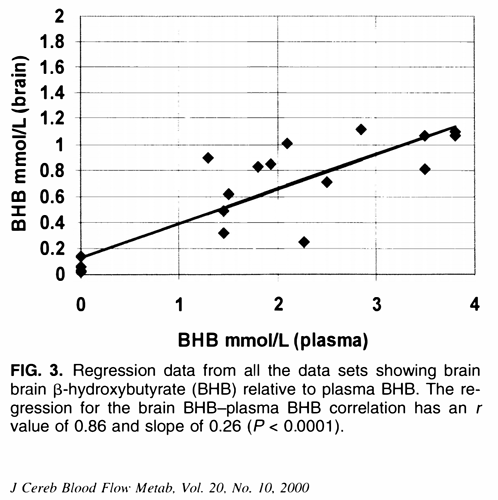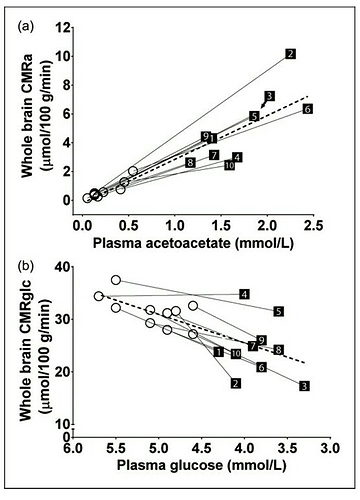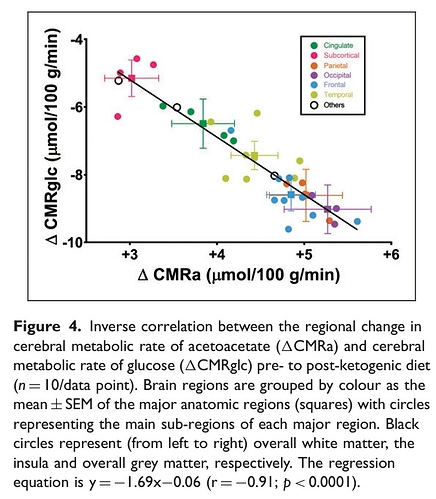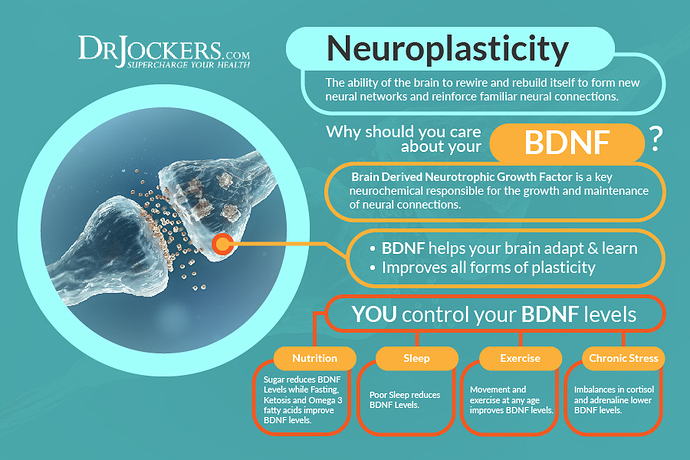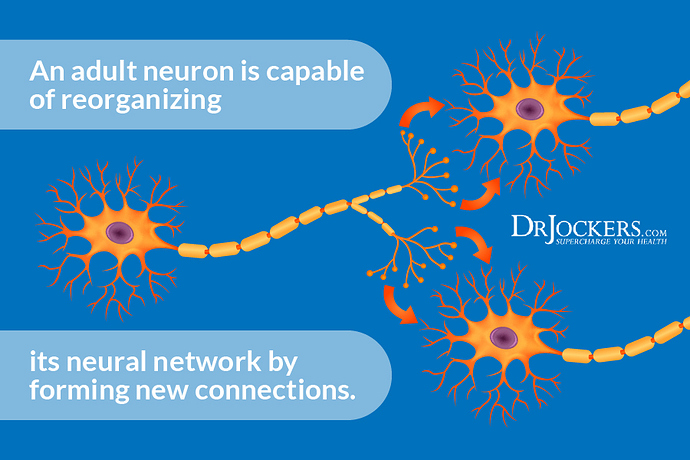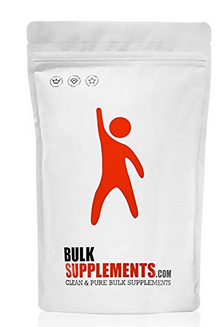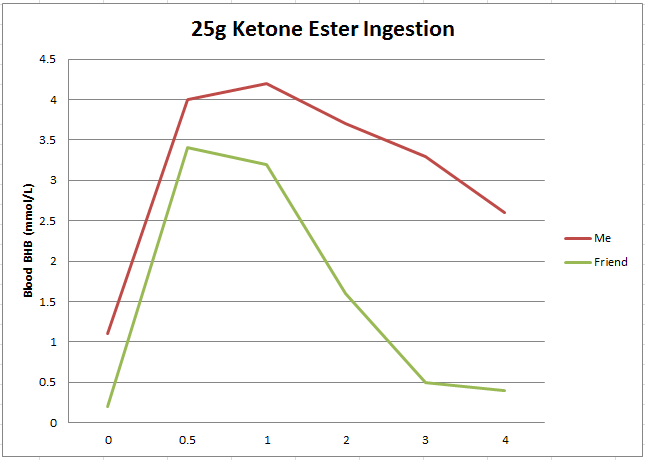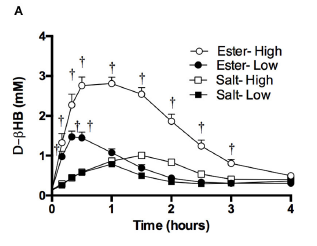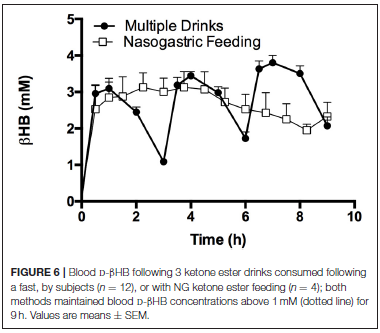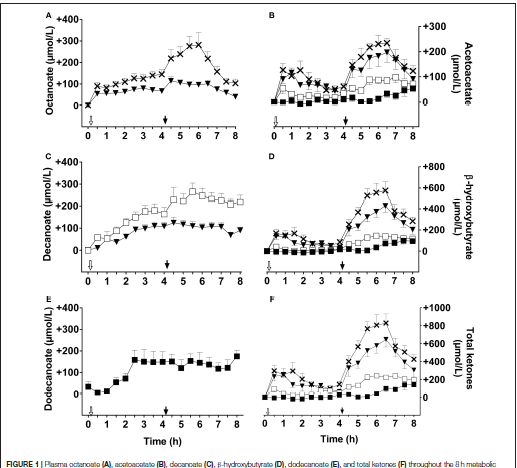Question: Do you think it likely that the consumption of exogenous ketone esters will help to mitigate Parkinson’s symptoms?
There have been a small number of clinical trials on humans that appear to demonstrate the beneficial use of ketosis to ameliorate Parkinson’s symptoms (as listed below if you are interested in more details). In addition, there also seem to be an increasing number of anecdotal reports from PD patients (i.e. n=1), who have experienced some form of relief when they adopted a ketogenic diet (see video by William Curtis linked below).
I have a friend who now requires heavy medication for Parkinson’s but will not try a low carb/keto diet because his wife is convinced it’s a “fad” and it goes against the nutritional guidelines … cue heavy resigned sigh …. I know … there’s no need to tell me …. I have tried.
This has led me to wondering if the consumption of exogenous ketones would be beneficial in the absence of adopting a ketogenic lifestyle. I have managed to purchase ketone ester (KE) from KetoneAid and HVMN and brought them into Canada and am hoping that he will try them to see if they have any impact on his symptoms. However, I was wondering about the following:
-
How likely is it that the exogenous KE will have any measurable impact?
-
When would be the best time to try consuming the KE, with the conventional drug regime or after they have worn off?
-
Will the efficacy of the exogenous KE be dependent on him being fat adapted, i.e. his body may not have the appropriate pathways to make use of this alternative form of fuel and won’t know what to do with it?
If and when we go ahead with this experiment, I will be measuring blood sugar and ketones pre-consumption and every hour after consumption. Any other suggestions?
Thanks for any advice or assistance you can provide.
Ian
Background Information
D- b -Hydroxybutyrate protects neurons in models of Alzheimer’s and Parkinson’s Disease, published March 7, 2000.
“The ability of ketone bodies to protect neurons in culture suggests that defects in mitochondrial energy generation contribute to the pathophysiology of both brain diseases. These findings further suggest that ketone bodies may play a therapeutic role in these most common forms of human neurodegeneration”.
D-b-Hydroxybutyrate rescues mitochondrial respiration and mitigates features of Parkinson disease, published 2003.
The infusion of the D-b-hydroxybutyrate (DbHB) in mice provides partial protection against dopamine cell neurodegeneration and motor deficits due to improved mitochondrial respiration and increased ATP output. Historic treatment of epilepsy has shown ketone bodies to be a safe treatment method and because of their greater ability to penetrate the blood brain barrier (compared to glucose, particularly in insulin resistant individuals), DbHB may represent a potential therapy for PD.
Treatment of Parkinson disease with diet-induced hyperketonemia: A feasibility study, published in 2005
Five (5) patients sustained a hyper-ketogenic diet for 28 days and Unified Parkinson’s Disease Ratings Scale scores improved for all five participants. Unfortunately, the sample size was too small to be significant and there was no blind or placebo control. The low protein content of the diet may also have influenced the effectiveness of the drug regime.
Neuroprotective and disease-modifying effects of the ketogenic diet, published Sept 2006
“There is evidence from uncontrolled clinical trials and studies in animal models that the ketogenic diet can provide symptomatic and disease-modifying activity in a broad range of neurodegenerative disorders including Alzheimer’s disease and Parkinson’s disease. Although the mechanisms are not yet well defined, it is plausible that neuroprotection results from enhanced neuronal energy reserves, which improve the ability of neurons to resist metabolic challenges, and possibly through other actions including antioxidant and anti-inflammatory effects”.
https://www.ncbi.nlm.nih.gov/pmc/articles/PMC2367001/
Novel ketone diet enhances physical and cognitive performance, published Aug 2016
“Ketone bodies are the most energy-efficient fuel and yield more ATP per mole of substrate than pyruvate and increase the free energy released from ATP hydrolysis. Elevation of circulating ketones via high-fat, low-carbohydrate diets has been used for the treatment of drug-refractory epilepsy and for neurodegenerative diseases, such as Parkinson’s disease . Ketones may also be beneficial for muscle and brain in times of stress, such as endurance exercise”.
The novel ketone diet, therefore, improved physical performance and cognitive function in rats, and its energy-sparing properties suggest that it may help to treat a range of human conditions with metabolic abnormalities
New Zealand (2018) randomized and controlled trial with 44 participants assessed a low‐fat versus ketogenic diet in Parkinson’s disease:
The study concluded that “It is plausible and safe for PD patients to maintain a low‐fat or ketogenic diet for 8 weeks. Both diet groups significantly improved in motor and nonmotor symptoms; however, the ketogenic group showed greater improvements in nonmotor symptoms”.
https://onlinelibrary.wiley.com/doi/full/10.1002/mds.27390
William Curtis:


